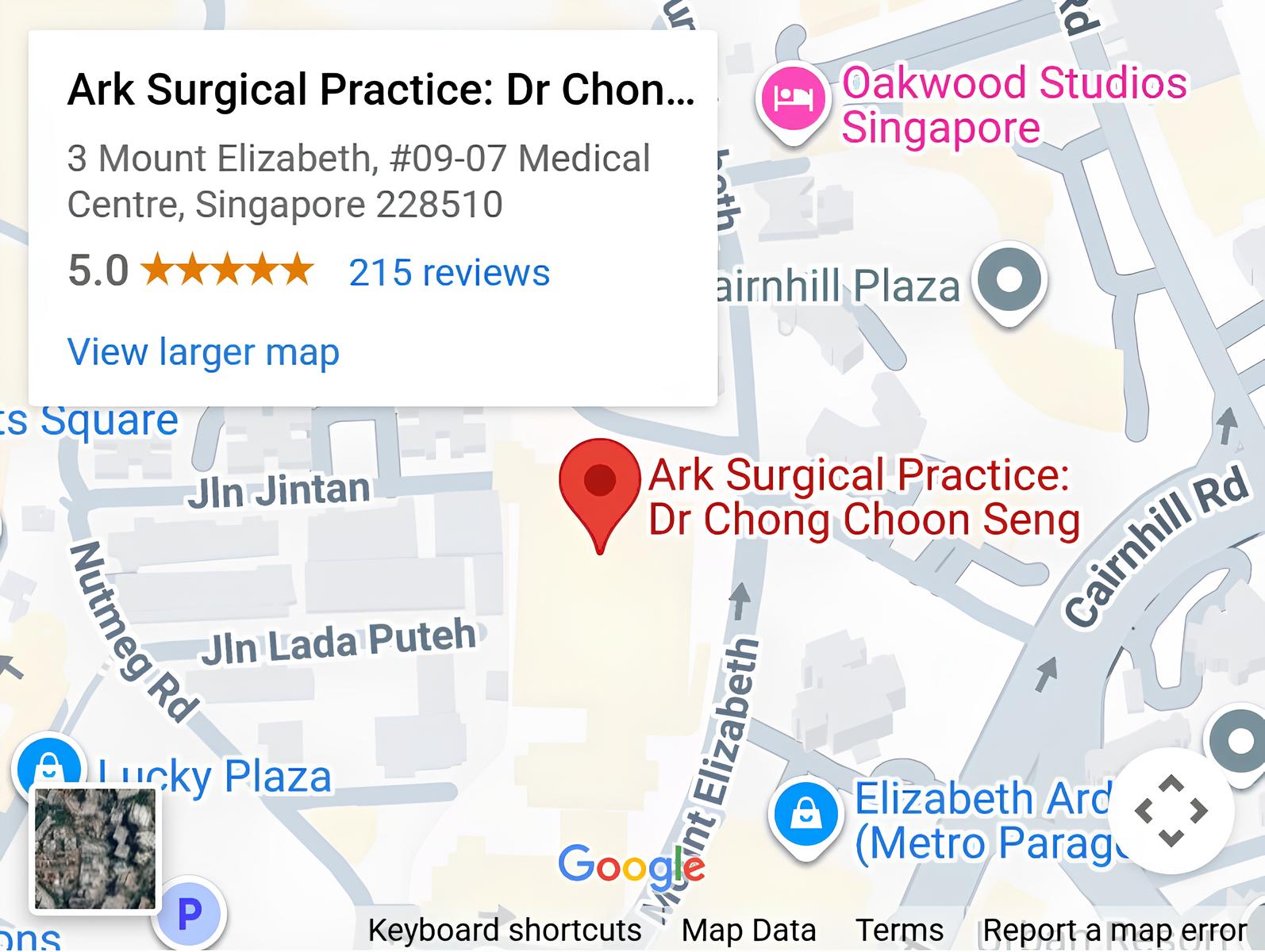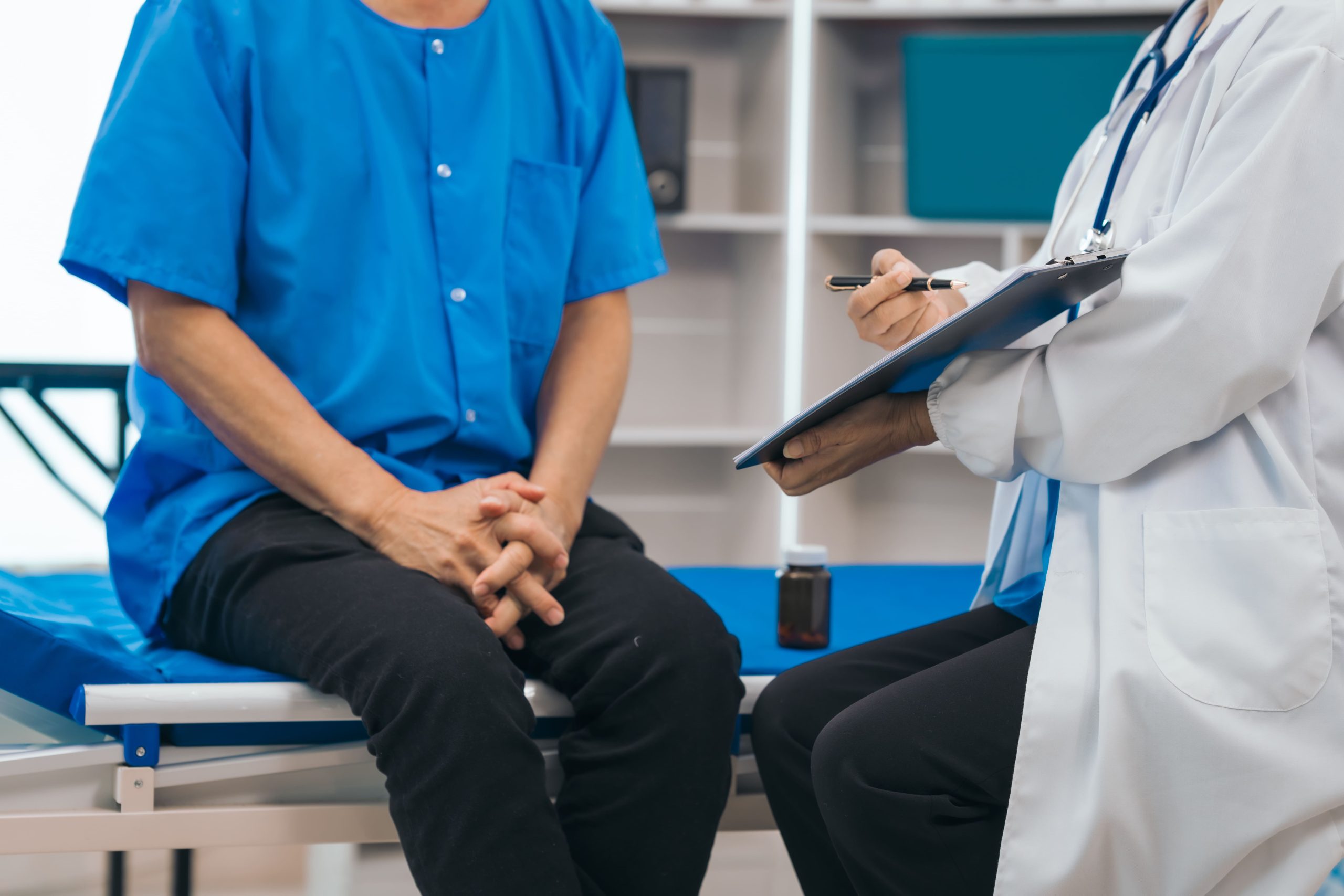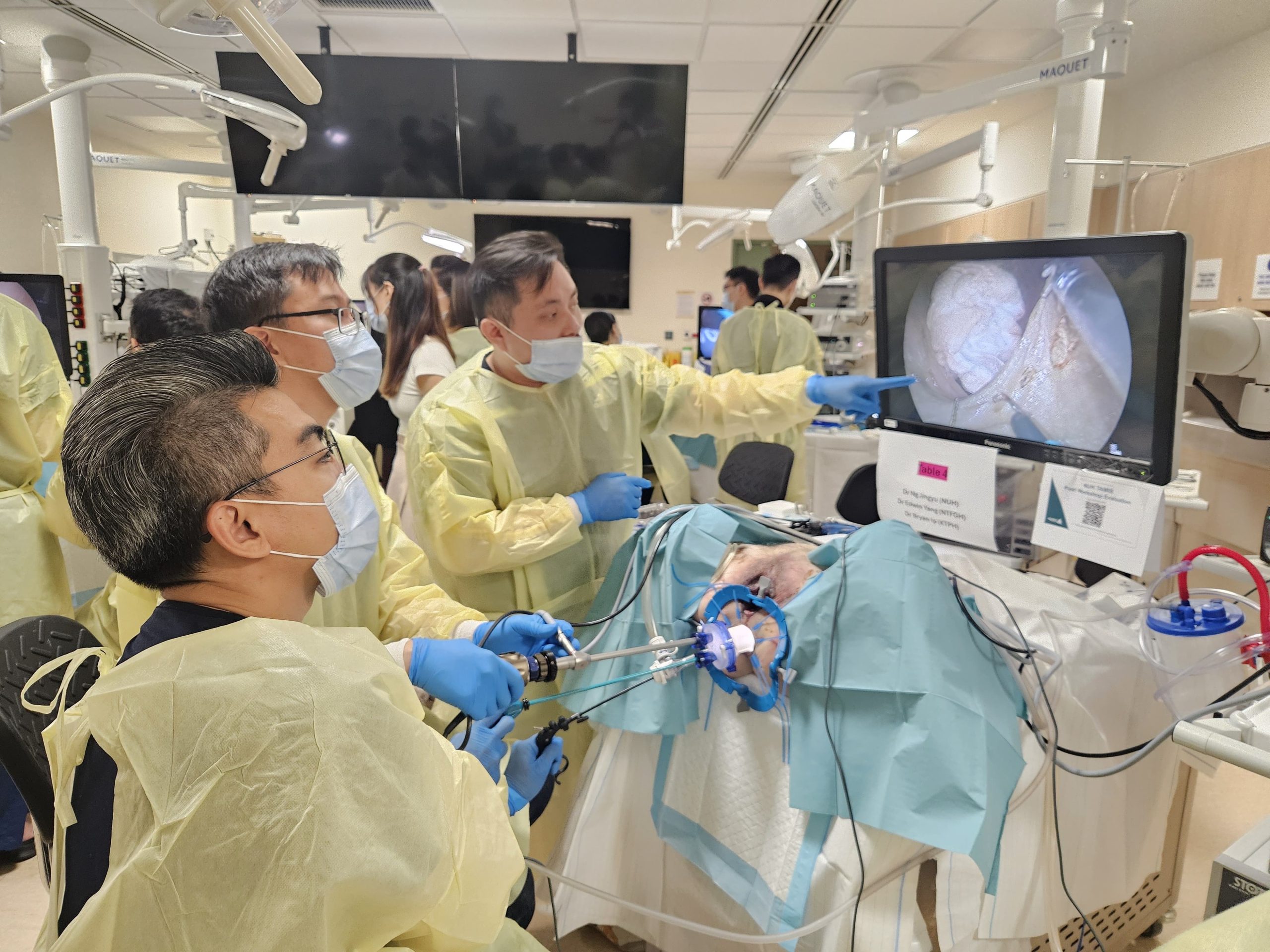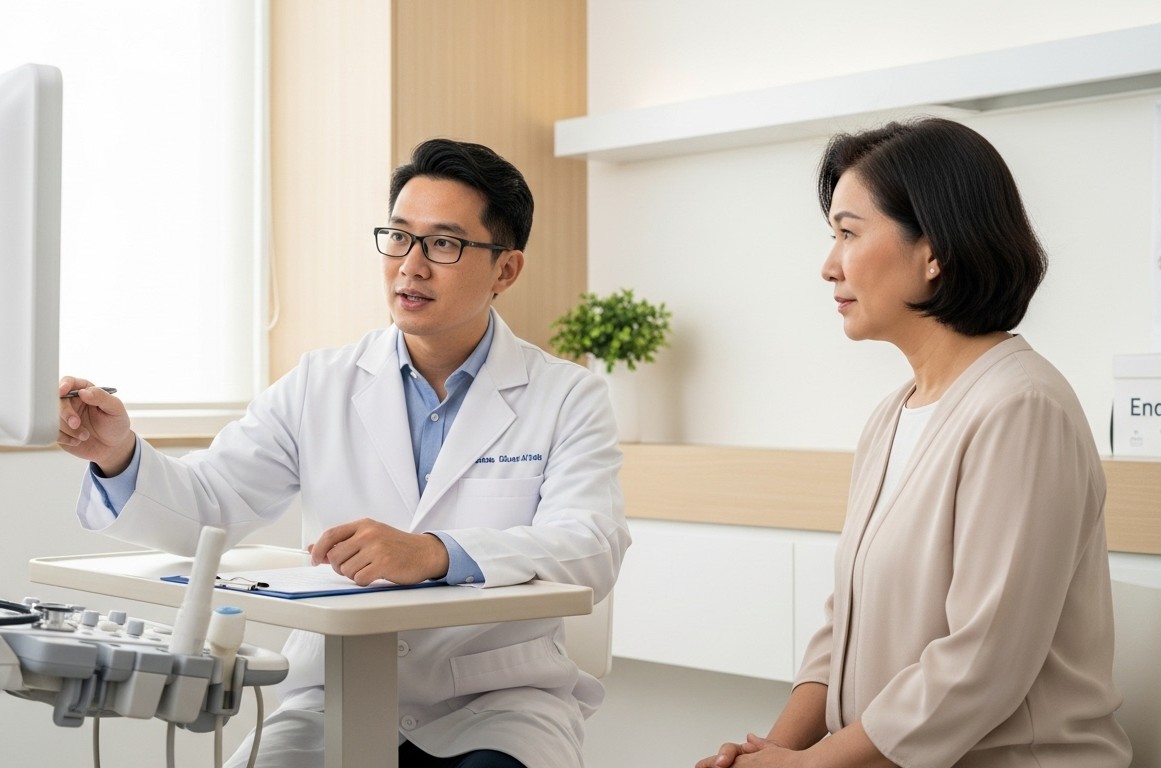If you have persistent pain around the anus, accompanied by the appearance of pus or blood, it can indicate an underlying issue. One possible cause is a colorectal condition called anal fistula.
It is natural to worry, but identifying the symptoms early and seeking prompt treatment can help manage this condition effectively. In this article, we discuss the symptoms of anal fistula, its causes, and possible treatments to guide your next steps.
Anal fistula – what is it?
An anal fistula is characterised by an abnormal connections that forms between the anus and the skin around the anus. This condition can be painful and extremely uncomfortable if left untreated.
An anal fistula often results from an infection near the anus that causes an accumulation of pus in the nearby tissue. An anal fistula may develop when the abscess drains, either naturally or through surgical treatment.
Symptoms of anal fistula
The symptoms of an anal fistula vary depending on its severity and location, but you might notice common signs such as:
- Pain and swelling: Persistent pain and swelling around the anus. The pain often worsens with sitting, moving, or passing stool.
- Discharge: Persistent discharge of pus or blood from an opening near the anus. This discharge can be foul-smelling and may irritate the surrounding skin.
- Fever: If an infection is present, it can lead to fever and general discomfort.
- Irritation: Itching, redness, and irritation around the anus.
- Bowel movement pain: Painful bowel movements due to the inflammation and infection of a fistula.
- Recurring abscesses: Frequent abscesses near the anus may indicate the presence of an anal fistula.
Causes of anal fistula
Anal abscess: The most common cause is an anal abscess, which can occur when an anal gland becomes infected and fills with pus. When the abscess bursts or is drained, a fistula can develop.
Crohn’s disease: This bowel disease can inflame the digestive tract, leading to fistulas.
Trauma: Injury to the anal or rectal area can result in the formation of a fistula.
Infections: Sexually transmitted infections (STIs) and tuberculosis can also cause anal fistulas.
Radiation therapy: Previous radiation treatment for cancer in the pelvic area can sometimes lead to fistula formation.
Surgery: Post-surgical complications, particularly from procedures involving the anus or rectum, can sometimes result in fistulas.
Treatment options for anal fistula
Treatment for an anal fistula typically requires surgery, but the treatment choice depends on the fistula’s location, complexity, and the patient’s overall health. Here are the primary treatment options in Singapore:
Surgery
Surgery is often necessary to properly treat an anal fistula. The goal is to close the fistula and prevent further infection. Different surgical techniques are used based on the fistula’s complexity.
Fistulotomy
A fistulotomy is the most common surgical procedure for treating a simple anal fistula. During this procedure, the doctor cuts along the length of the fistula to open it up and allow it to heal from the inside out.
A fistulotomy has a high success rate but can be associated with a risk of incontinence, particularly if the fistula is located close to the sphincter muscles.
Medication
While medication alone is rarely sufficient to cure an anal fistula, it can be used to manage symptoms and treat underlying conditions. Antibiotics can treat or prevent infection, and anti-inflammatory drugs can help reduce inflammation, especially in patients with Crohn’s disease.
Drainage
For abscesses associated with an anal fistula, drainage is often the first step. An incision will be made in the abscess to allow for pus drainage, which helps relieve pain and reduce infection.
Sometimes, a seton (a thin surgical thread) is placed in the fistula tract to keep it open and allow it to drain completely before further surgical treatment.
Anal fistula treatment in Singapore
An anal fistula can be a challenging and uncomfortable condition, but with the right treatment plan, recovery is possible. If you suspect you have an anal fistula, contact a colorectal specialist.
At Ark Surgical Practice, we have years of experience in diagnosing and treating anal fistula in Singapore. Our team of colorectal specialists take time to educate patients, providing comprehensive information about the condition, before suggesting treatments and lifestyle adjustments to help you manage your symptoms and recover well.
Schedule a consultation today.














